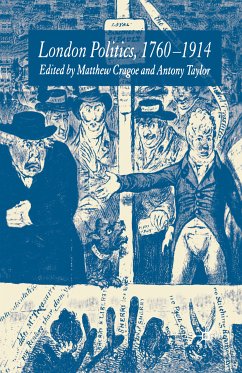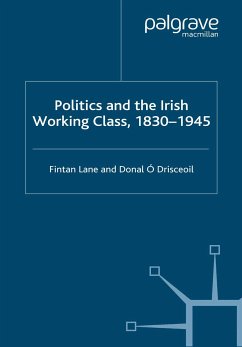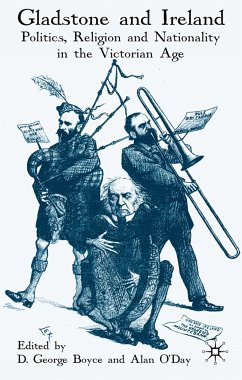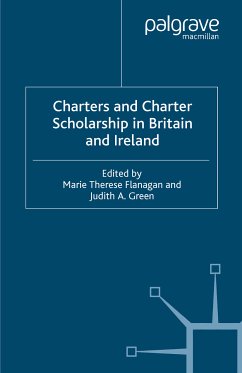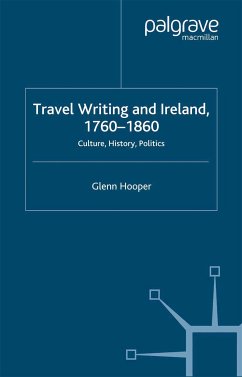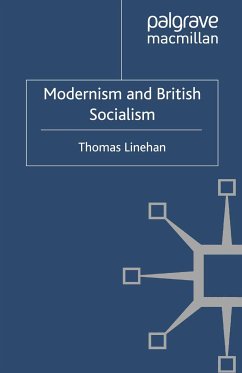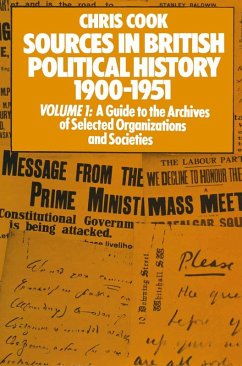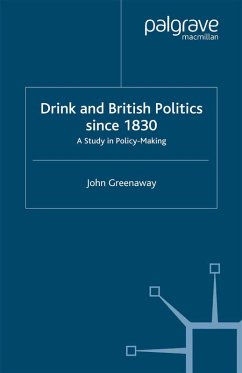This collection offers the first detailed investigation of political life in nineteenth-century London. London politics did not share the free-trade and civil-equality preoccupations of the provinces which currently dominate scholarly literature. As these essays reveal, the capital remained more concerned with older struggles for political independence. By highlighting the inability of existing accounts to accommodate metropolitan distinctiveness, the collection aims to stimulate a major reappraisal not of London politics alone, but of Victorian political history more generally.
Dieser Download kann aus rechtlichen Gründen nur mit Rechnungsadresse in A, B, BG, CY, CZ, D, DK, EW, E, FIN, F, GR, HR, H, IRL, I, LT, L, LR, M, NL, PL, P, R, S, SLO, SK ausgeliefert werden.

